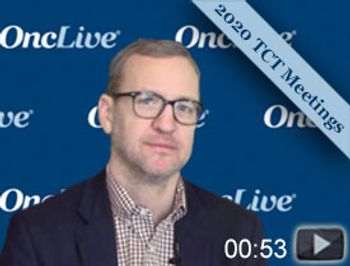
Craig Sauter, MD, discusses the anecdotal observational data in real-world patients with hematologic malignancies who received chimeric antigen receptor T-cell therapy.

Your AI-Trained Oncology Knowledge Connection!


Craig Sauter, MD, discusses the anecdotal observational data in real-world patients with hematologic malignancies who received chimeric antigen receptor T-cell therapy.
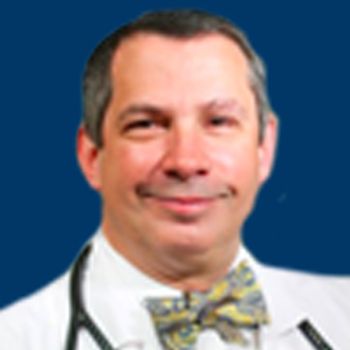
Sergio A. Giralt, MD, discusses the diagnostic challenges of transplant-associated thrombotic microangiopathy.
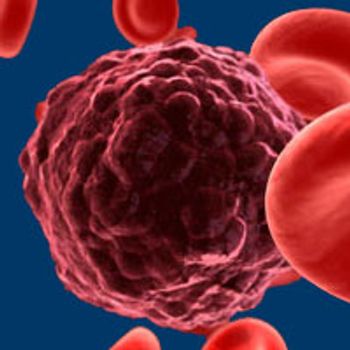
Early steroid intervention has the potential to reduce the severity of adverse events associated with axicabtagene ciloleucel in patients with refractory large B-cell lymphoma, according to an analysis of the phase I/II ZUMA-1 trial.
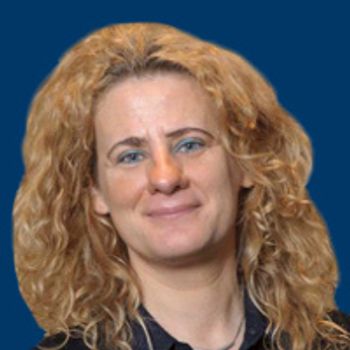
Iodine (131I) apamistamab (Iomab-B) conditioning induced a complete remission in 84% (31/38) of patients with active acute myeloid leukemia, who were then able to receive allogeneic hematopoietic stem cell transplant, according to preliminary results from the phase III SIERRA trial.
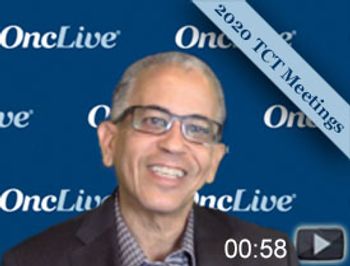
Carlos R. Bachier, MD, discusses the toxicity profile of lisocabtagene maraleucel that has been observed in 3 ongoing clinical trials in relapsed/refractory large B-cell non-Hodgkin lymphoma.
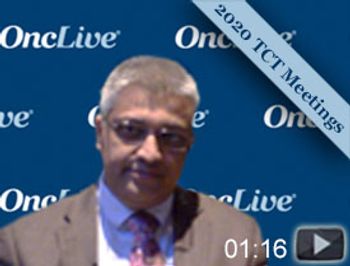
Shaji K. Kumar, MD, discusses the role of stem cell mobilization in multiple myeloma. This is important in patients with myeloma who are eligible for stem cell transplantation.
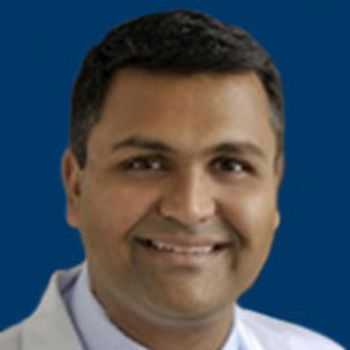
Ruxolitinib is an effective and well-tolerated treatment in the refractory setting for patients with chronic graft-versus-host disease, regardless of age.
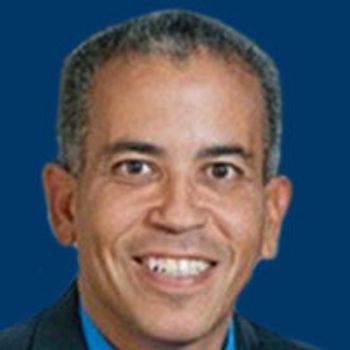
Outpatient administration of CAR T-Cell therapy is safe and effective, according to an analysis of 3 studies of lisocabtagene maraleucel in patients with relapsed/refractory large B-cell lymphoma.
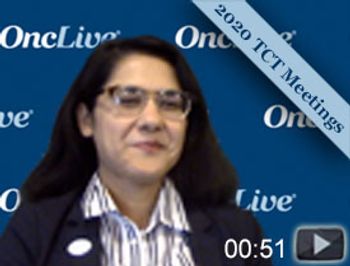
Tania Jain, MBBS, discusses hematopoietic recovering following treatment with a chimeric antigen receptor T-cell therapy in patients with hematologic malignancies.
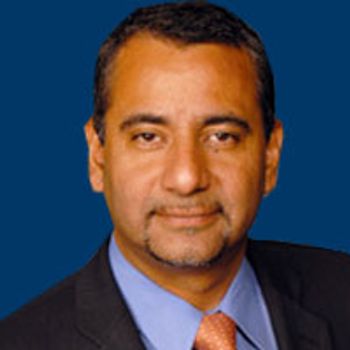
Luis E. Raez, MD, provides insight into therapies available to patients with ALK-mutant non–small cell lung cancer and underscores the role of genetic testing in informing treatment decisions.
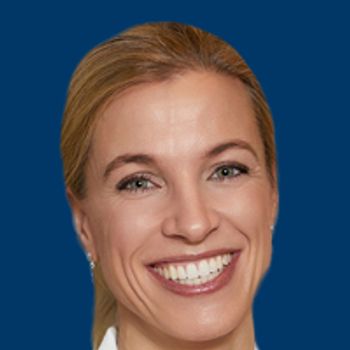
Chemotherapy in combination with immunotherapy holds promise in the treatment paradigm for patients with ovarian cancer, Floor Backes, MD, said at the 2020 SGO Winter Meeting.
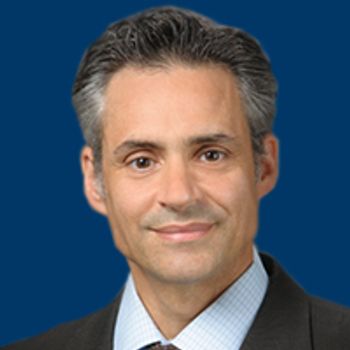
Robert L. Coleman, MD, FACOG, FACS, discusses the role of rucaparib as a treatment option for patients with ovarian cancer, how this agent compares with other PARP inhibitors in this space, and where research is headed for these agents.
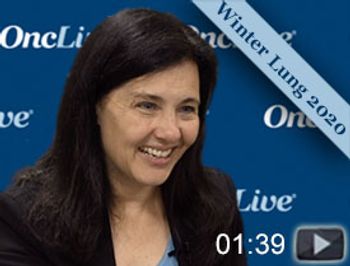
Heather A. Wakelee, MD, discusses therapy options when patients with lung cancer must receive treatment options immediately rather than wait for molecular testing results.
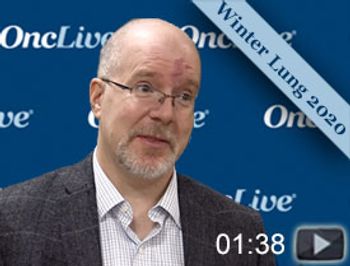
Nathan A. Pennell, MD, PhD, discusses the benefits of liquid biopsies in lung cancer.
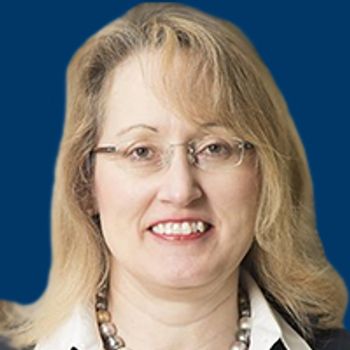
Julie R. Brahmer, MD, discusses the impact of osimertinib in EGFR-mutant non–small cell lung cancer, ongoing research with the agent, and the importance of molecular testing.
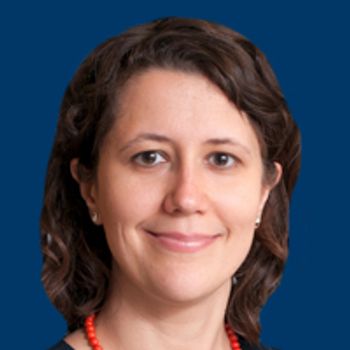
Treatment with osimertinib in the frontline has been the standard of care for patients with EGFR-mutant non–small cell lung cancer since the pivotal FLAURA trial.
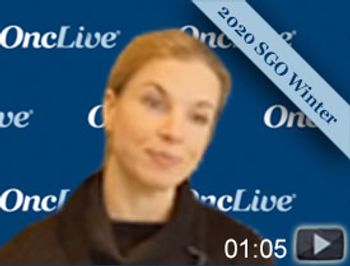
Floor J. Backes, MD, discusses the role of PARP inhibitors as treatment of patients with ovarian cancer and her experience with these agents, such as rucaparib.
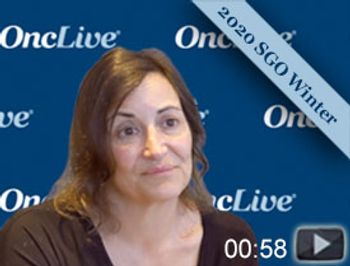
Angeles Alvarez Secord, MD, discusses a presentation from the 2020 SGO Winter Meeting that focused on assistance with the financial burden associated with PARP inhibitors in patients with ovarian cancer.
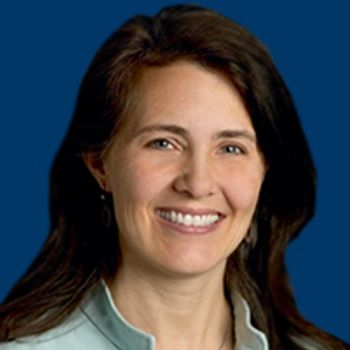
Significant research advances in targeted therapy and immunotherapy within the past years have created a more personalized approach to treatment for patients with advanced non–small cell lung cancer.
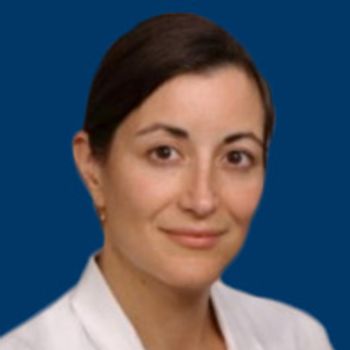
Three pivotal clinical trials evaluating PARP inhibitors have significantly impacted the treatment of patients with newly diagnosed ovarian cancer.
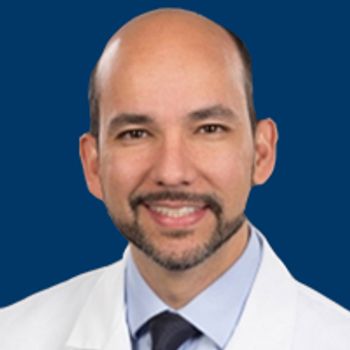
Based on available data, treatment is not that obvious for patients with metastatic non–small cell lung cancer who are tolerating treatment well and have either a complete or partial response to therapy.
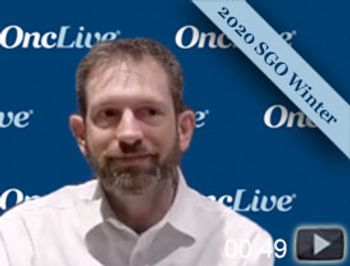
Ian Hagemann, MD, PhD, discusses the main take home from his presentation at the 2020 SGO Winter Meeting.
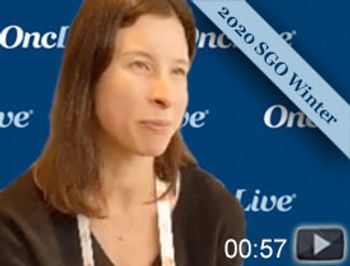
Julia Fehniger, MD, shares her thoughts on the development of PARP inhibitors in ovarian cancer and expansion into other tumor types.
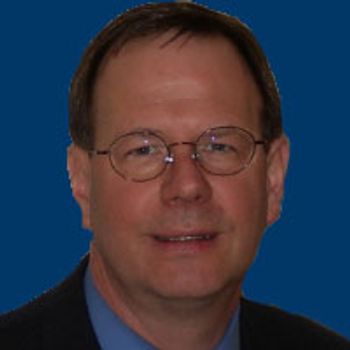
With few chemotherapy options available for patients with cervical cancer, R. Wendel Naumann, MD, said that immunotherapy represents an attractive treatment option in the landscape.
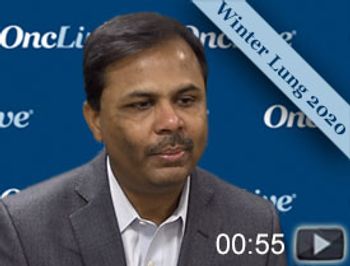
Suresh S. Ramalingam, MD, FASCO, discusses the current treatment parameters for osimertinib in EGFR-mutant non–small cell lung cancer and ongoing research with the agent.
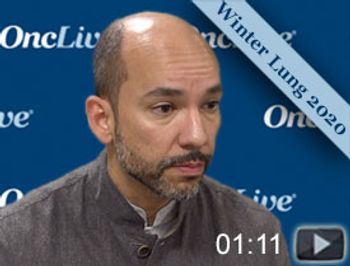
Gilberto De Lima Lopes, MD, discusses the standard of care for pembrolizumab in patients with metastatic lung cancer.
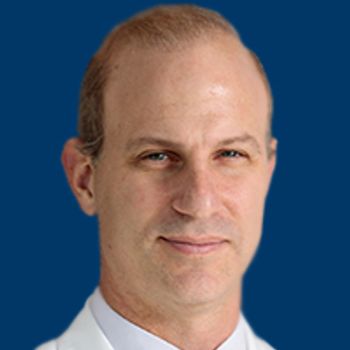
The standard of care for patients with small cell lung cancer has been trapped in a period of stagnation for the past several decades.
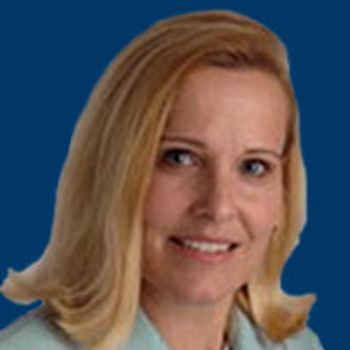
The potential therapeutic benefits of immune checkpoint inhibitors as monotherapy as well as in combination with chemotherapy for patients with non–small cell lung cancer depend greatly on the timing of treatment initiation. However, for patients with EGFR, ALK, and other actionable mutations, identifying the optimal combination is a hurdle.
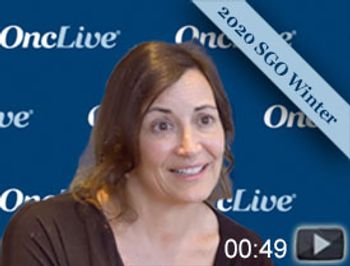
Angeles Alvarez Secord, MD, gynecologic oncologist, Duke Cancer Center, discusses the role of PARP inhibitors in ovarian cancer based on their current indications in the treatment landscape.
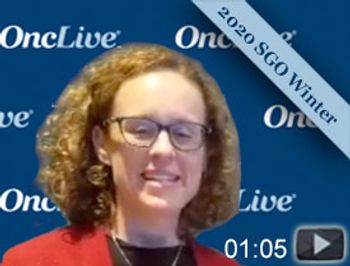
Carrie L. Langstraat, MD, gynecologic oncologist, Mayo Clinic, discusses the role of sentinel lymph nodes in patients with endometrial cancers.